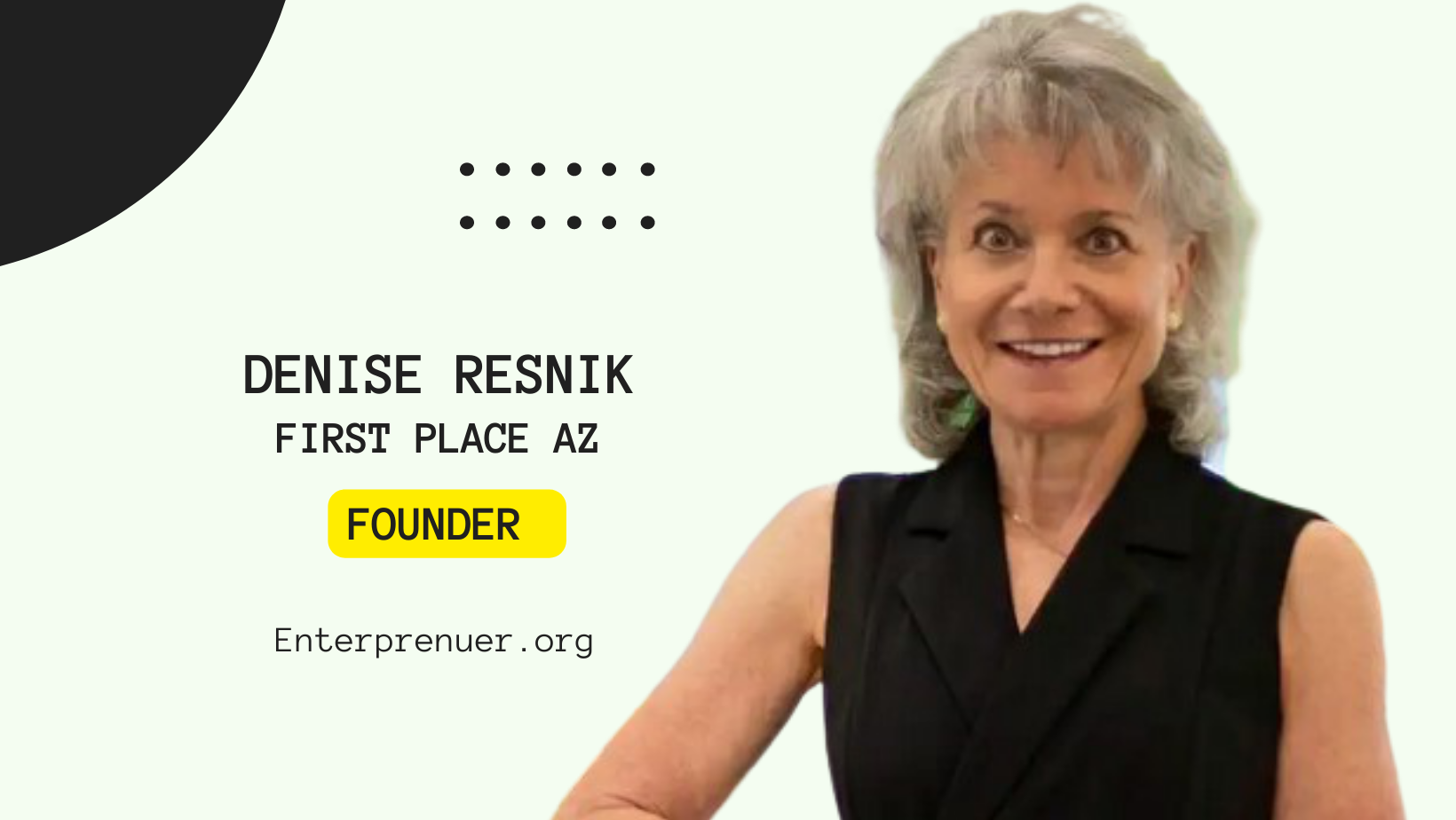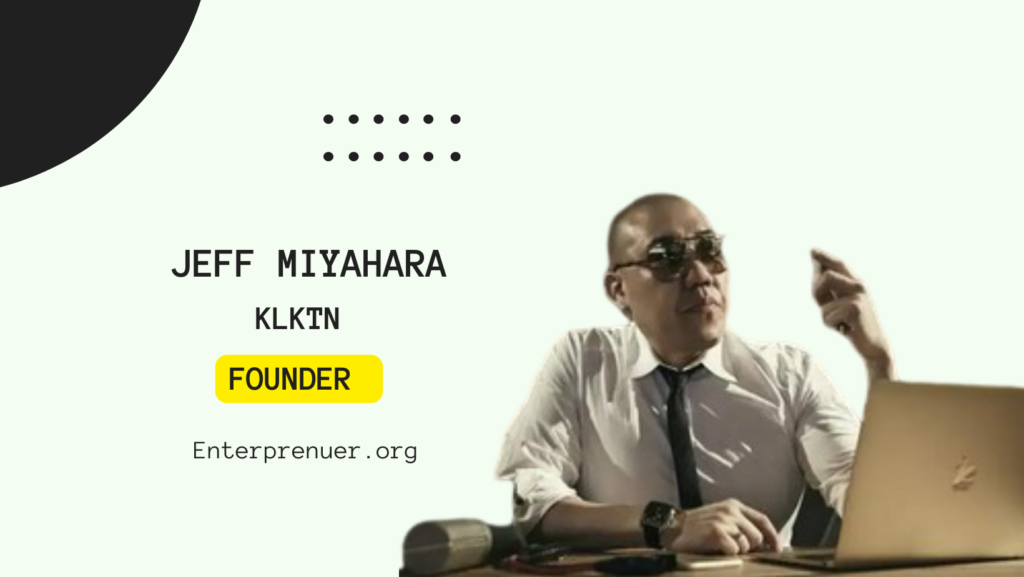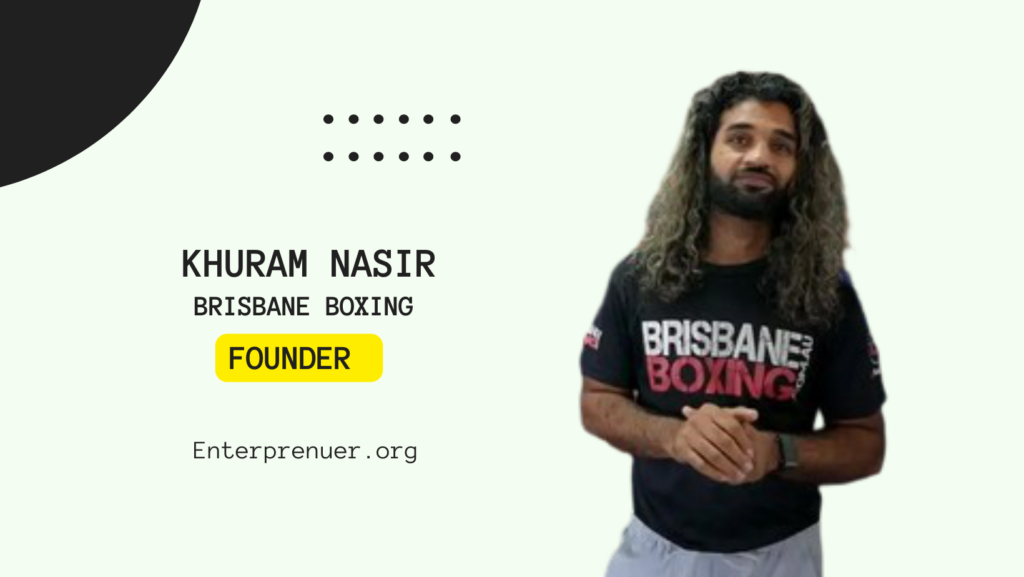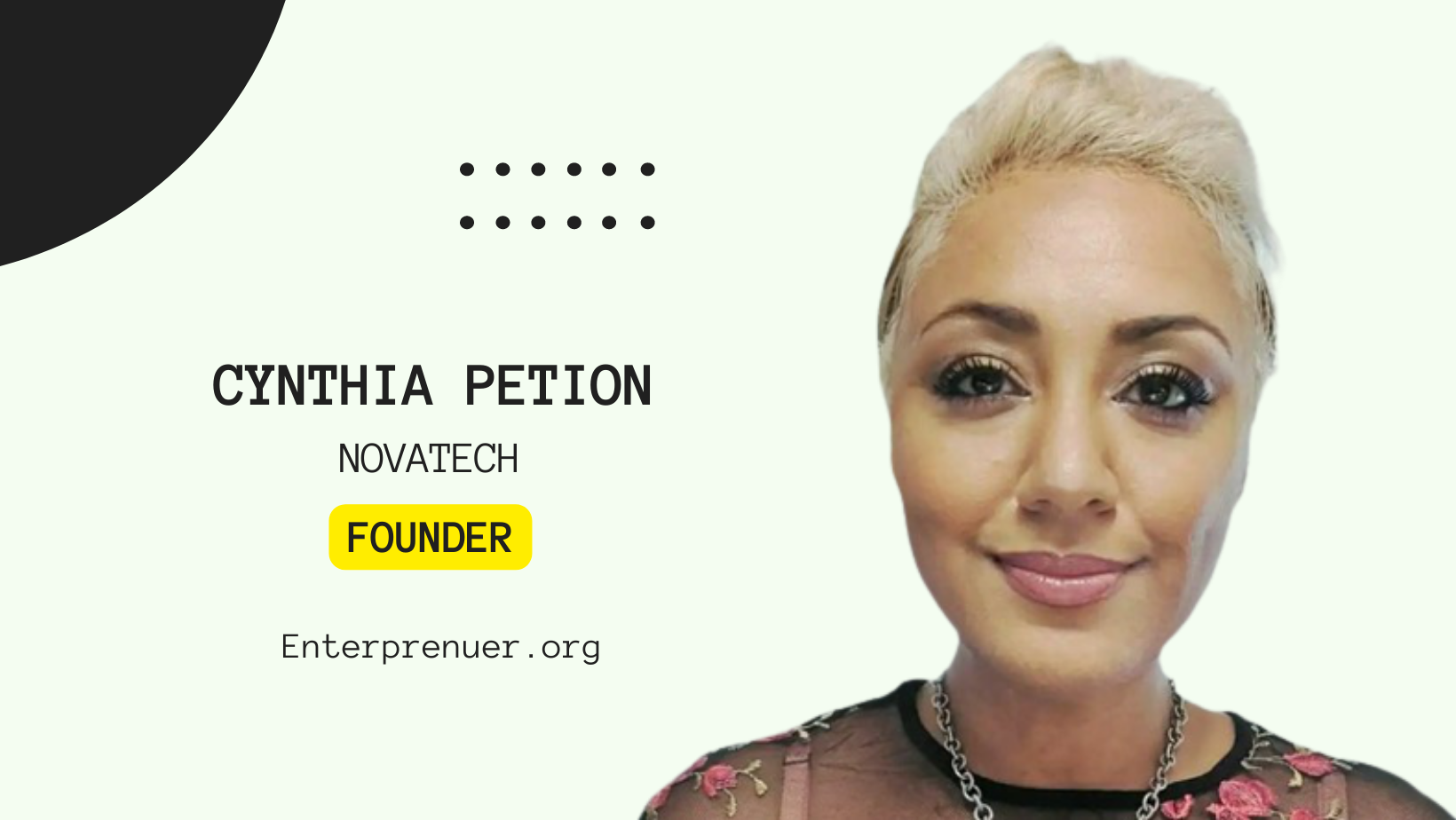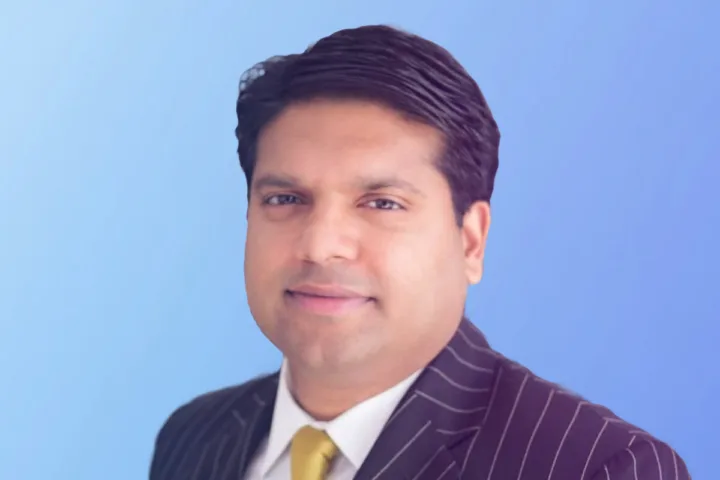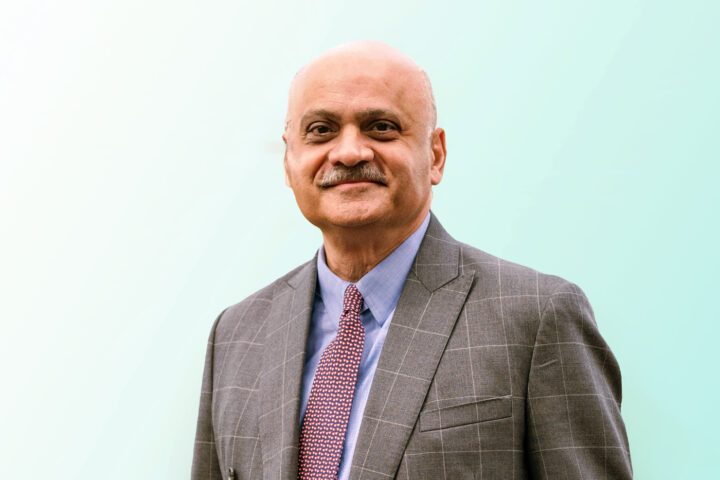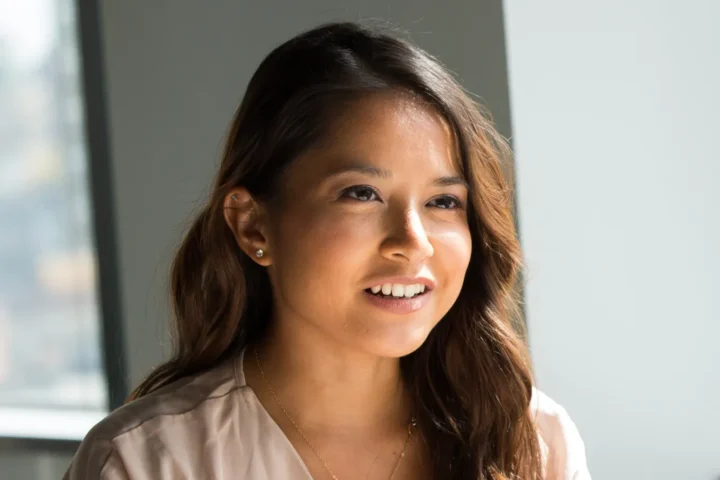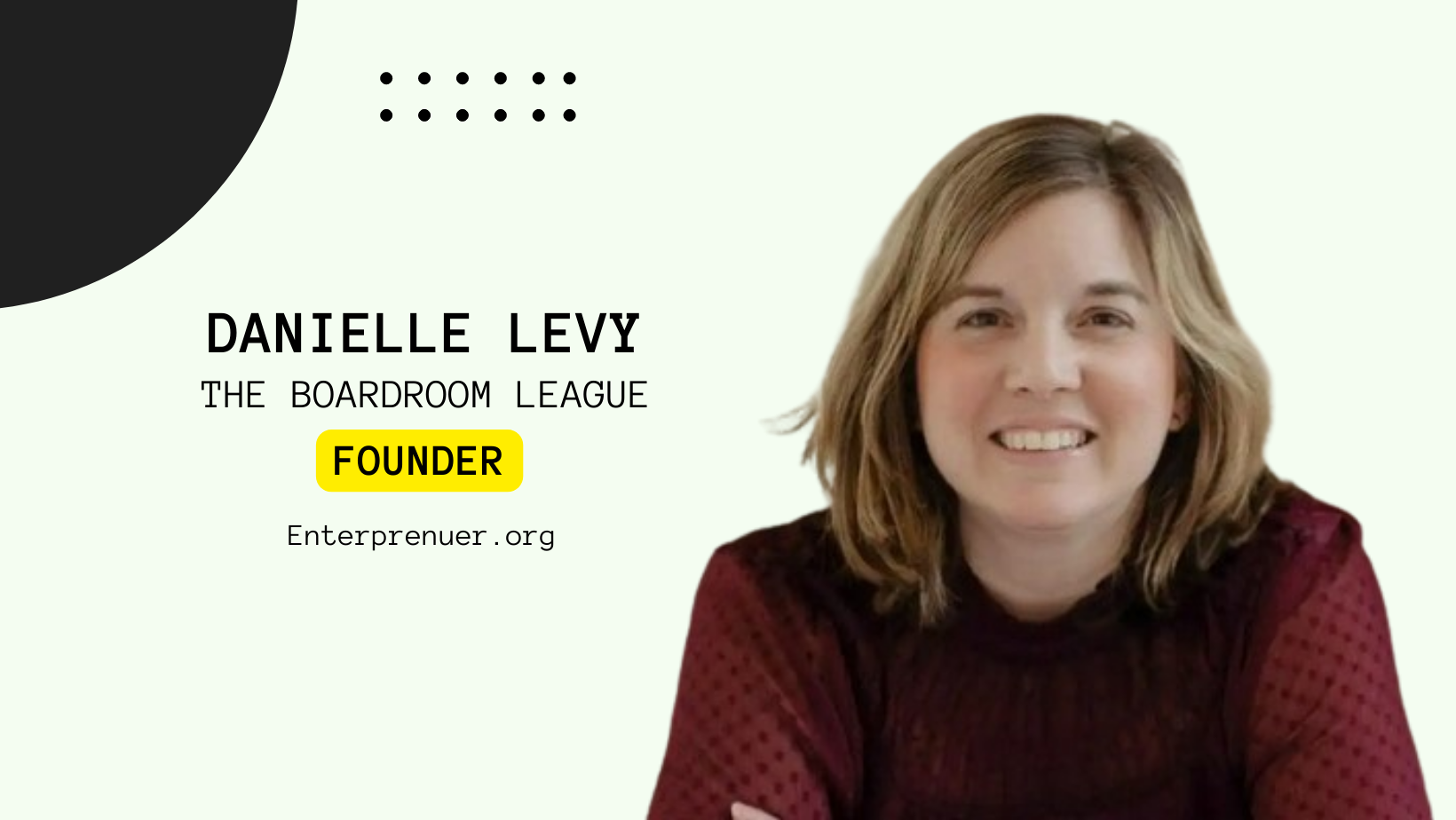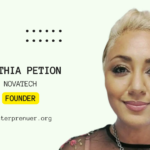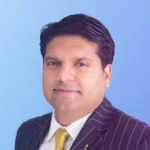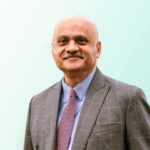Denise is the founder and president/CEO of First Place(r) AZ (established in 2012), cofounder of the Southwest Autism Research & Resource Center (SARRC, established in 1997), and founder and CEO of DRA Collective, a marketing/communications firm (based in 1986) that serves clients in a variety of fields, including real estate, economic development, healthcare, education, and hospitality.
Her work is inspired by her adult son Matt, an autistic boy, and other people with different abilities.
Denise, a native Phoenician who is also an international leader in autism awareness, has raised more than $75 million from Arizona-based sources to raise community awareness.
The supportive community–facilitated by SARRC, First Place, and dozens of partnering organizations–inspired PBS NewsHour to produce a two-part, nationally broadcast series citing Phoenix as “the most autism-friendly city in the world.”
First Place AZ has 25 years of experience in research and support from the Urban Land Institute.
It also has more than 100 partners from the philanthropic, nonprofit, and public sectors.
This will allow First Place AZ to have a transformative impact on society’s approach to housing and community development for people with autism and other neurodiversity.
Denise’s leadership also drove the creation of two major studies.
* A Place in the World, Fueling Housing and Community Options For Adults With Autism and Other Neurodiversity.
This study provides the universal language to guide you in your search for, develop, and implement supportive housing solutions.
This groundbreaking report, 2020, contains more than 150 terms to help people better understand their housing preferences, accessibility requirements, service delivery models, and other factors.
It will define market segments and vocabulary for the benefit of all sectors to establish best practices and guiding principles.
This report will also drive meaningful partnerships and policy decisions to address the acute housing crisis.
* Opening Doors: A Discussion on Residential Options for Adults with Autism and Related Disorders is the first study to examine the housing needs of people with autism and other neurodiversity.
The 2009 report cites design goals and guidelines and is still the most trusted source for developers, architects, and planners.
Opening Doors led to First Place AZ and the Autism Housing Network.
This online platform brings together the best ideas in housing for people with autism and other neurodiversity.
First Place Phoenix, the first property of the nonprofit, was opened in mid-2018.
It had the bold vision to ensure that housing and community options are just as abundant for people with autism or other neurodiversity.
This 81,000-square foot, $15.4 million property is located in the heart of Greater Phoenix.
It offers more significant employment opportunities, lifelong education, and recreational options, which allow for independent living.
Denise is the board vice-chair of Home Matters(r), Arizona, and a member of Arizona State University’s Watts College Dean’s Council, Creighton University Presidential Health Sciences Phoenix Advisory Board, The Precisionists, Inc.
Advisory Board, and the Autism Society Marketing Task Force.
The Autism Society Housing Committee, Advancing futures for adults with autism Leadership Council, the National Association of Residential Providers for Adults with Autism, and the National Autism Transition Research Network Advisory Panel are some former leadership positions.
Denise was also a federally appointed member of the Interagency Autism Coordinating Committee of the National Institutes of Health.
What is the story of First Place AZ?
We quickly counted Matt’s ten fingers and toes when he was born in 1991. Then we marveled at Matt’s 9.6 Apgar score.
Just 17 months before, our daughter Ally was born, and she was already thriving. All our prayers were answered!
After Matt’s first birthday, however, something happened.
He stopped looking at us, and he no longer responded to our names.
The pediatrician advised not to be concerned.
The audiologist confirmed that the child had perfect hearing.
My mother gave me a book called “Let Me Hear Your Voice” before seeing more specialists.
I was shocked to discover that my son had autism.
Our dreams for Matt and our family were destroyed after Matt was officially diagnosed in 1993.
We were told that institutionalization was the best option.
This was the consensus view for the confounding disorder that affected one in 2,500 U.S. kids at the time.
We didn’t know what to do or where to go. We didn’t even know what autism was.
There was little to no information available, and there were only a few options.
I met a small group of mothers at a nearby coffee shop.
All of us were focused on the most pressing issues of the day.
We filled an entire restaurant with dads and moms, from one table to two.
The big question was always: How did it happen? Is he going to recover? Am I to blame? Is it possible to be Matt’s parents when so much is unknown and feared?
We began to seek answers within our Phoenix community of families, friends, doctors, and professionals.
In 1997, the Southwest Autism Research & Resource Center was established with their support.
We didn’t have the resources to hire staff or have dedicated office space.
But, we had big dreams and a bold vision. To advance research and support people with autism throughout their lives.
I remember those early days when I conveyed my vision and urgency by convening groups at client offices.
I was surrounded by colleagues, friends, and experts in the field.
DRA Collective, a marketing and public relations agency specializing in community development and real estate development, supported me.
We believed that SARRC could be a model for other communities if it focused on best for our families and the whole community. SARRC is an international model.
It has become a complete site for recruiting and enrolling subjects in drug trials.
We have created a city that provides early intervention, education, training, employment, support, and community.
This is why PBS NewsHour has named Phoenix the “most autism-friendly” city in the United States.
SARRC and our community supported us in creating First Place AZ, SARRC’s sister nonprofit.
First Place AZ was a residential and community development company that responded to the question, “Who will take care of my child when I’m unable?”
Autism is now diagnosed in 1 in 54 U.S. kids.
Around 60,000 children with autism are now entering adulthood each year.
They face a confusing landscape of fragmented, nonexistent, or inconsistent services, and unemployment hovers around 86%.
First Place AZ, supported by more than 20 years of research and its very first property, First Place Phoenix, is poised to have a transformative impact on society’s approach to housing and community development for people with autism.
How do you stay productive?
First Place is not a typical place! First Place is a diverse company.
I am a founder and CEO, a passionate mom on a mission, and a lifelong learner.
I also work as a community developer and advocate for my son.
I am closely involved with the COO/CFO to strengthen operations and monitor how this unique property lives, breathes and serves residents.
How do you bring ideas to life?
I surround myself with intelligent people who share my values and compliment my talents and skills.
We all share a shared vision and work tirelessly in our respective fields to make it a reality.
What’s your favorite trend?
It is a growing trend to have other pioneering parents join forces searching for more innovative housing options and solutions.
Another trend that concerns me is the one in 54 U.S. kids diagnosed with autism each year.
More than a million individuals with intellectual disabilities and their caregivers are older than 60.
We need to harness and direct this passion for innovation to reduce displacement and homelessness.
What habits make you productive?
I’m a dreamer. I can dream with or without a pillow.
I enjoy hiking to clear my mind, using dictation to capture my thoughts, and making the most of my commute without picking up the phone.
I also rise very early in the morning.
What’s your advice for the Noob?
Don’t worry about what-ifs. Instead, channel your energy into more enriching spaces.
Be aware of the risks and plan accordingly.
My younger self should get more sleep and avoid sunbathing.
What is one thing we can all agree on?
This is a difficult question because I have keen peripheral sight and base my truths on the information and experiences that I share with others.
What do you recommend as an entrepreneur?
Learn to dream without or with a pillow. You will then be able to wake up every day feeling more inspired by your vision and with a greater sense of purpose.
What’s your rich strategy?
My business is growing because I am the founder and CEO at DRA Collective (1986), cofounder of Southwest Autism Research & Resource Center (1997), and founder and president/CEO at First Place AZ (2012).
How do you overcome Failure?
First Place was stalled for years because I was determined to develop a new housing model to accommodate everyone with autism or other neurodiversity.
This included people with high- and lower support needs, people with financial resources, and all moms and fathers who worried about their children’s futures.
It is impossible. It’s impossible to have a single approach to community or housing development.
This is the beauty of our diversity and diverse interests, as well as the opportunities to learn from other people.
It was also essential to get out of the confines and restrictions of public policy.
We realized that even after substantial investments in education, early intervention, and education, the life outcomes for adults remained disappointing years later.
We didn’t want to repeat the same thing repeatedly, knowing the results, so we diverted our efforts.
Sometimes, it is more beneficial to step away from the public sector to be more creative and to show what works and what doesn’t work better.
With proof points in hand, we can offer pathways forward to better outcomes, lower costs, and a better quality of life for the people we serve.
Can you share a business idea?
Consumers of all ages create a more efficient, innovative, and sustainable way to package cereal.
They open and close cereal boxes every day and want more cereal in their bowls than they do on the floor.
What’s your recent best buy?
Recently, I spent $100 on a family Shabbat dinner that Ally, our daughter, prepared.
It was incredibly enriching and memorable for all of us to have our 3-year-old granddaughter in the kitchen, as well as four generations around the table.
What are your favorite Softwares or Apps?
Salesforce is my storage solution for everything I need.
Which book would you recommend?
The Story of Autism. Check out the excitement for those not up for the 700-plus compelling pages.
TL;DR by Denise Resnik
- It’s inspiring and heartening to be part of something greater than yourself, but I didn’t anticipate the journey would take so long. It’s a journey that I didn’t think would end, but I now realize it. For communities to be strong, resilient, they need constant care and nourishment, just like people.
- My work as a mother to an autistic son and community developer is never finished. I am aware of many pressing issues and know that there is so much more to be done: more homes to build, more professionals to train, more technology to use, more jobs to create, more problems to solve, and more impact to show.
- We need to inspire and engage the next generation of pioneers, and encourage them to take charge of where we go next. This involves applying innovation and creativity in this area and building upon foundational components already part of Phoenix’s supportive network.
- We must keep working to open doors that allow people with autism, Down syndrome, and other neurodiversities to be valued and contribute to communities all over the world.
- I want to empower leaders by providing them with the tools, resources, and connections they need. This will also help fuel a new generation for people with autism and other neurodiversities using the power of our example, in the collaborations we foster, the real estate we create, and the communities we build.
